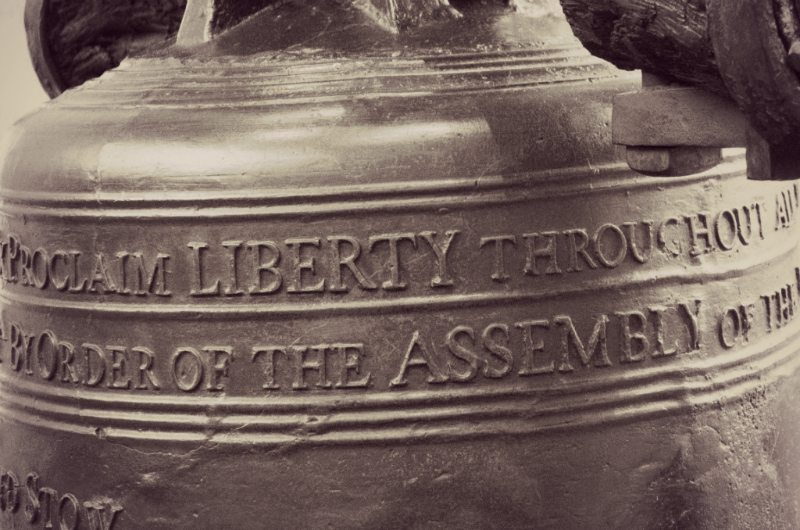Penna Dexter
As the Senate Judiciary Committee began confirmation hearings for Judge Neil Gorsuch, columnist Dahlia Lithwick wrote a piece in SLATE complaining about the judge’s deference toward religious liberty in his rulings. Ms. Lithwick, an attorney by training, wrote that, “His record reflects a pattern of systematically privileging the rights of religious believers over those of religious minorities and nonbelievers.”
She cited his opinion in Hobby Lobby v. Sebelius, in which the U.S. Court of Appeals for the 10th Circuit, on which Judge Gorsuch sits, affirmed the right of religious employers to avoid ObamaCare’s contraception mandate. (The U.S. Supreme Court later affirmed that ruling.) Hobby Lobby maintained that to provide employees with insurance for contraceptives that could work as abortifacients would violate their religious beliefs.
Ms. Lithwick also didn’t like it that Judge Gorsuch joined the dissent when his court ruled against the Little Sisters of the Poor in a case which also concerned ObamaCare’s contraceptive mandate. This charity is run by nuns who face millions of dollars in penalties if they don’t participate. Judge Gorsuch wrote: “How can it be any clearer that the law substantially burdens the plaintiffs’ free exercise of religion?”
Dahia Lithwick and others of the legal left state that people are harmed when religious freedom is given such respect in the courts. In these cases the harm is — well — it’s ‘no free birth control.’
Another attorney/writer David French pointed out, in NATIONAL REVIEW, that “no one should think that all rights exist on equal footing.” The Declaration of Independence affirms there are “unalienable rights” not created by the government. Government’s role, David French writes, “is instead to acknowledge and protect” these rights. Religious liberty is an actual right, listed in the Bill of Rights, not a benefit or privilege bestowed by government regulations. When a requirement to offer such privileges competes with someone’s faith convictions it’s entirely appropriate for judges to defer to religious liberty.
 Listen Online
Listen Online Watch Online
Watch Online Find a Station in Your Area
Find a Station in Your Area











 Listen Now
Listen Now Watch Online
Watch Online
